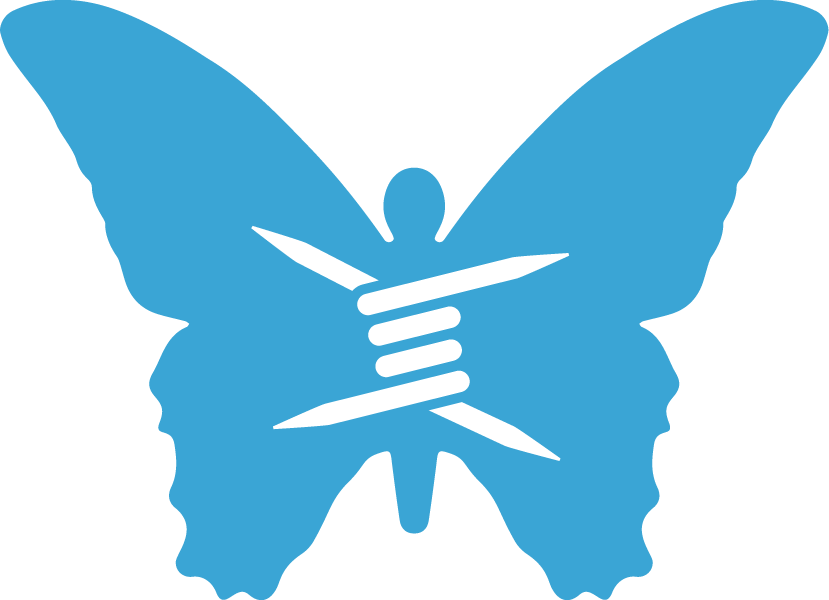Get Informed
Find resources to help you learn more, deep dive into the stats, and take informed action.
Quick Study
Here are some keywords and definitions that are important to know.
It's essential to be informed about sex trafficking and recognize the signs to combat this crime, as it is a severe violation of human rights and a global issue that requires a concerted effort to address.
-
Sex trafficking is a form of human trafficking specifically focused on sexual exploitation. It includes activities such as prostitution, pornography, and other sexual services. Sex trafficking is a global issue, affecting virtually every country. It is often associated with organized crime and can cross international borders.
-
Victims of sex trafficking can be of any gender, age, or nationality, but women and children are disproportionately affected. Vulnerable populations, including runaways, homeless individuals, and those with a history of abuse, are more at risk.
-
Traffickers use various methods to control and manipulate their victims. This can include physical violence, emotional abuse, threats, manipulation, and debt bondage.
-
Victims are often lured into trafficking through false promises of employment, love, or a better life. Traffickers prey on vulnerabilities and exploit them.
-
Many victims are forced into prostitution, where they are made to provide sexual services against their will. This is a major component of sex trafficking.
-
Some victims are coerced into participating in the production of pornography. This may involve the production of explicit images or videos without the victim's consent. The internet has enabled sex traffickers to reach a wider audience and hide their activities. Online platforms are used to recruit, advertise, and sell victims.
-
Victims of sex trafficking often suffer from severe physical and psychological trauma. They may be physically abused and experience long-term emotional and mental health problems.
-
Many countries have laws and law enforcement agencies dedicated to combating sex trafficking. These laws typically impose severe penalties on traffickers and aim to protect and support victims.
-
Numerous non-governmental organizations (NGOs) and support services work to rescue and rehabilitate victims of sex trafficking, providing shelter, medical care, counseling, and legal assistance.
-
Public awareness campaigns and education programs are crucial in preventing sex trafficking. Understanding the signs and risks can help individuals and communities protect themselves and others.
-
Sex trafficking often intersects with other issues such as gender inequality, poverty, and discrimination. Addressing these underlying factors is essential to combating trafficking.
-
Various international agreements, such as the United Nations Protocol to Prevent, Suppress and Punish Trafficking in Persons, aim to coordinate global efforts to combat sex trafficking.

Do you currently or desire to work with and serve survivors of sexual exploitation?
Project Rescue, in partnership with the Continental Theological Seminary, has developed a certification program that will equip you with best practices and strategies for providing faith-based, trauma-informed care to survivors of sexual exploitation.
Read the Reports
Here are reports that you can review to further educate yourself.
10 Things You Can Do
Sexual Addiction Resources
Covenant Eyes
Internet Accountability and Filtering… Be the best version of you by sending your internet activity to a trusted friend. Accountability helps you live porn free.
PureHope
Pursuing a world free of sexual exploitation and brokenness by arming our families to navigate our hyper-sexualized culture.
Additional Resources


